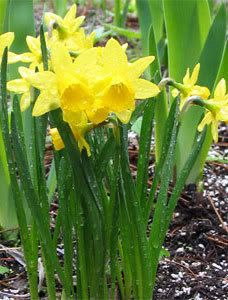 It's finally happening! Nature is once again putting on a vibrant cloak of colors. (What with all the rain we've been getting lately!) To think that some of you are already enjoying the harvest of your gardens... Ah well, maybe in my next life I'll be born somewhere where it's lovely and warm more than 3 months out of the year. lol
It's finally happening! Nature is once again putting on a vibrant cloak of colors. (What with all the rain we've been getting lately!) To think that some of you are already enjoying the harvest of your gardens... Ah well, maybe in my next life I'll be born somewhere where it's lovely and warm more than 3 months out of the year. lolWhile I'm busy playing in my raw sandbox, Don likes to scout the net for ways to put a little extra green on the table (well, ya know, the other kind of green). We may be poor in the financial sense of the word, but otherwise we feel like we've won the lottery! I thought some of you might be interested in finding out how we manage to make ends meet while being on a fully raw, mostly organic, diet.
If you're on a limited income, eating raw can certainly be challenging, but definitely doable. We're the living proof of that! Don and I are on a very tight budget (most of you would be shocked!), yet we eat like 'rawyalty'. lol (If you've browsed through my blog before, you know what I mean...) In our case, however, it's more than just about what we eat, it's a whole lifestyle.
The Simple Life
I recently again came across Henry David Thoreau's inspiring Walden; the book that probably had the single-most impact on me as I was entering adulthood. I was amazed how, after all these years, so many of the lessons that he presents are reflected in the way we now live.
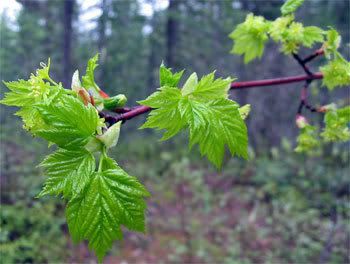 "I went to the woods because I wished to live deliberately, to front only the essential facts of life, and see if I could not learn what it had to teach, and not, when I came to die, discover that
"I went to the woods because I wished to live deliberately, to front only the essential facts of life, and see if I could not learn what it had to teach, and not, when I came to die, discover that I had not lived. I did not wish to live what was not life, living
is so dear; nor did I wish to practice resignation, unless it was quite necessary. I wanted to live deep and suck out all the marrow of life, to live so sturdily and Spartanlike as to put to rout all that was not life..."
"Simplicity, simplicity, simplicity!", Thoreau urges his readers. We live very simply indeed, in a secluded mountain spot, which necessarily calls for stripping down to the 'essentials'.
But not to worry! You don't need to leave the city and be in the woods to be able to afford the raw diet! lol Much more important is how you choose to spend your money.
 Food Comes First
Food Comes FirstFor Don and I, it's a matter of priorities. We put buying healthy, high quality foods on top of our list. We spend most of our disposable money on food; perhaps as much as 60% of our total income. (By the way, we don't own a vehicle, which certainly helps a lot, especially with the rocketing price of fuel.)
Efficiency Or The Art Of Making Best Use Of What You've Got
Efficiency can be described as the "ability to act effectively with a minimum of waste, expense, or unnecessary effort." In that sense, we've become 'masters of efficiency', as it is of primary concern to us to waste as little energy as possible (money being one aspect of it). Or to put it differently, we try to make best use of the energy that we're given. I guess we've become really, really good at it. Spending our money wisely is just one of the ways it manifests in our lives.
10 Ways To Be On The Raw Diet AND Be Gentle On Your Wallet
1- Get Rid Of Addictions
It's easy to forget how much energy/money can be wasted in drugs of all kinds, both legal and illegal: pills, coffee, tea, cigarettes, alcohol, sugar, and the like. (I won't even get into the illegal ones!) In many cases, these have become normalized; just an integral part of Life. Scary, isn't it?
Thankfully, Don and I have successfully managed to get the better hand over our nasty habits. If on any given day, we were to each buy a single pack of cigarettes and a cup of coffee, the means to our supply of fresh fruits, veggies and nuts would go down the drain.
2- Pick Your Stores
Where you choose to shop can make a world of difference. In the last few years, regular supermarkets have been widening their selection of fresh organic produce, so we no longer need to depend solely on health food stores. The bigger stores can definitely give you more bang for the buck.
In our case, there's a warehouse-type supermarket nearby where we can find lots of organics at a much better price than at the local HFS. As a bonus, this store has a discount rack, where slightly bruised or 'tired' produce is considerably marked down. (Sometimes we can't believe the 'scores' we get!)
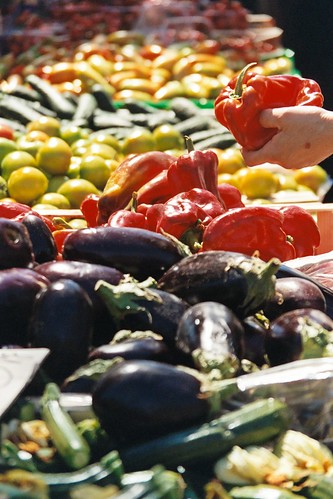 3- Buy Lots And Cut Down The Middleman
3- Buy Lots And Cut Down The MiddlemanFrederic Patenaude has two great articles (see links at the bottom of this post) about how to cut your food bill by at least 30 %. According to him, "the secret to spending less on food and, at the same time, have access to higher-quality food, is to buy in larger quantities and cut the middleman."
He recommends buying by the case and finding a distributor or a food co-op. In his articles, he describes in detail how to go about this. For our part, we buy cases of fruits (more on this later) from our local supermarket and fruit stand.
When I used to live in the city, I'd go directly to a distributor's warehouse, where you can basically get organic food "at the same price that your health food store gets it at, or less!" Alternatively, you can go to the Farmer's Market, where in season you can purchase fresh produce directly from the farmers. Buying some things on the net can also be advantageous.
Sort of along the same lines are produce box deliveries. In my city-slicking days, I'd pick up boxes of fresh organic veggies grown locally. However, I'm not sure these boxes would be a viable option for those on a fully raw diet, as you do consume a phenomenal quantity of produce. Frederic figures something like 10 to 15 pounds (peel and all) per person a day.
Let's have a look at what we roughly go through in a typical week:
- 35 lbs apples
- 25 lbs oranges
- 15 lbs bananas
- 8 lbs lemons and limes
- 5 lbs of fruits (depending on what's available)
- 20 lbs carrots
- 4 lbs celery
- 2 or 3 lbs lettuce
- 3 lbs greens (spinach, kale, swiss chard, etc.)
- 3 lbs tomatoes
- 3 lbs avocados
- 2 lbs beets
Now you see why we like to get a ride from our neighbors up the mountain! lol
4- Be Flexible Or Go With What's Happening
We've discovered that it always pays to be fluid. If something on our shopping list is overpriced, we'll go for something else instead. Likewise, we'll buy more of whatever is on sale.
5- Buy What's In Season
It's no big secret that it is a good strategy to buy produce while in season. You could pay an awful lot of money for a small container of blueberries in the middle of January! For our part, we like to buy fruits and berries (or pick our own!) during the summer and fall months and freeze them. That way we get to enjoy these delicacies all year 'round without making a big hole in our humble budget. I could also get into the virtue of buying locally, but I figure there's lots of information already available on the net.
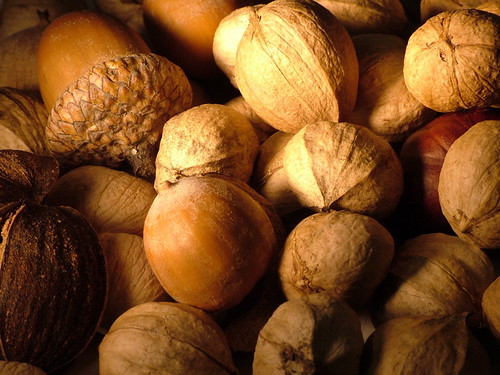 Pound for pound, nuts are probably the most expensive part of our diet. We buy a large supply of fresh nuts, seeds and dried fruits from the new California crop (usually sometime in November). A few of the health food stores around here even give you the possibility to place an order through them. We then store these in sealed containers in the freezer (if we can) or in a cool spot.
Pound for pound, nuts are probably the most expensive part of our diet. We buy a large supply of fresh nuts, seeds and dried fruits from the new California crop (usually sometime in November). A few of the health food stores around here even give you the possibility to place an order through them. We then store these in sealed containers in the freezer (if we can) or in a cool spot.We also like to purchase fresh nuts in shells when they're available during the Holiday season. These work out to be a great deal cheaper and so much tastier than the ready-cracked ones.
6- Pick Your Organics
Although we try to get as much organics as we can, we've also learned to be flexible in that regard, as organic fruits are often above what we can afford. Plus, we've found that you can still eat some conventional fruits and veggies while keeping your exposure to pesticides to a minimum. For instance, it's not as critical when it comes to fruits that have a thick peel, such as mangoes, avocados, pineapples, oranges, etc. If you'd like to find out more about this, check out Fred Patenaude's article about "The Top 12 Most Contaminated Fruits & Vegetables".
7- Don't Be Afraid To 'Sub'
One of the many beauties of raw is that there's lots of room for experimentation, so don't think twice about substituting! Whenever a recipe calls for pricey nuts like pine nuts or macadamias, we just replace or cut down the amount with other, cheaper nuts or seeds. It works out perfectly almost every time!
8- Grow Your Own
If you are fortunate enough to have a sunny spot in your backyard and the energy to take on such a project, you may want to grow your own veggies and herbs. Hard to beat strolling down the rows of your garden to pick your next meal! But for those of you who, like us, don't have that luxury, you can always keep a little kitchen harvest. (See my recent post about sprouting.)
9- Bring Your Own

Whenever we leave our little mountain fortress for an extended period of time, we take fresh smoothie and a snack with us. It's pretty rare that we walk out of a restaurant feeling completely satisfied. ($9 for a salad... Hummmmm, I think I'll pass.) Plus, it avoids you getting hit with a major munchy attack while there's nothing but cooked (junk) food around. Your body will thank you for it!
10- Relax!
As we've gradually been implementing the simple, practical tricks outlined above, we find ourselves living more within our means and, therefore, much less stressed out over the content of our wallet. I can't think of anything more nerve-racking than to be keeping a close tab on everything that goes in and out of our pockets. I clearly remember the day that I stopped doing that, after a lifetime of watching my mother try to religiously 'keep a budget'. What a relief that was!
Focusing on how much you spend rather than what you have can be pretty draining. Don and I hardly keep track of our expenses, yet we somehow always manage to have enough. We trust that if we take care of our end, we'll be provided with what we need (which isn't to say that we'll be going to Hawaii anytime soon! lol)
Oh, and just one last thing... Being on a mostly raw diet is not just a matter of what you eat and how much it costs. Even more important is perspective.
 We feel that eating raw foods is a wise investment, regardless of its actual costs. As Victoria Boutenko points out, she'd rather spend money on feeding her family fresh fruits, vegetables, seeds and nuts, than on medical bills. She's right on the money on this one (oops... here I go again!) Most people often don't look at things that way, as it's so easy to focus on the short term results. The benefits of eating Raw are too remarkable and multi-dimensional to be reduced solely in terms of monetary costs.
We feel that eating raw foods is a wise investment, regardless of its actual costs. As Victoria Boutenko points out, she'd rather spend money on feeding her family fresh fruits, vegetables, seeds and nuts, than on medical bills. She's right on the money on this one (oops... here I go again!) Most people often don't look at things that way, as it's so easy to focus on the short term results. The benefits of eating Raw are too remarkable and multi-dimensional to be reduced solely in terms of monetary costs.How much is health really worth?
*~*~*~*
Links to Fred Patenaude's articles:
Photo Credits:
haul from the farmer's market by Splat Worldwide
Silvi Marina Market, Italy by VROG in Bristol
Nuts in color by mfophotos
Trail Mix by nutsonline.com
Hippocrates symbol revisited from The Wholefood Farmacy




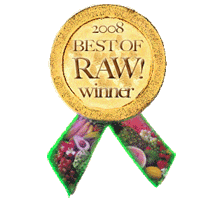
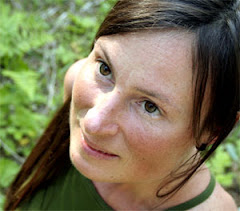
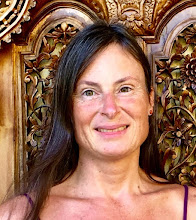
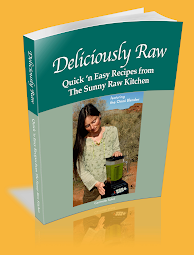

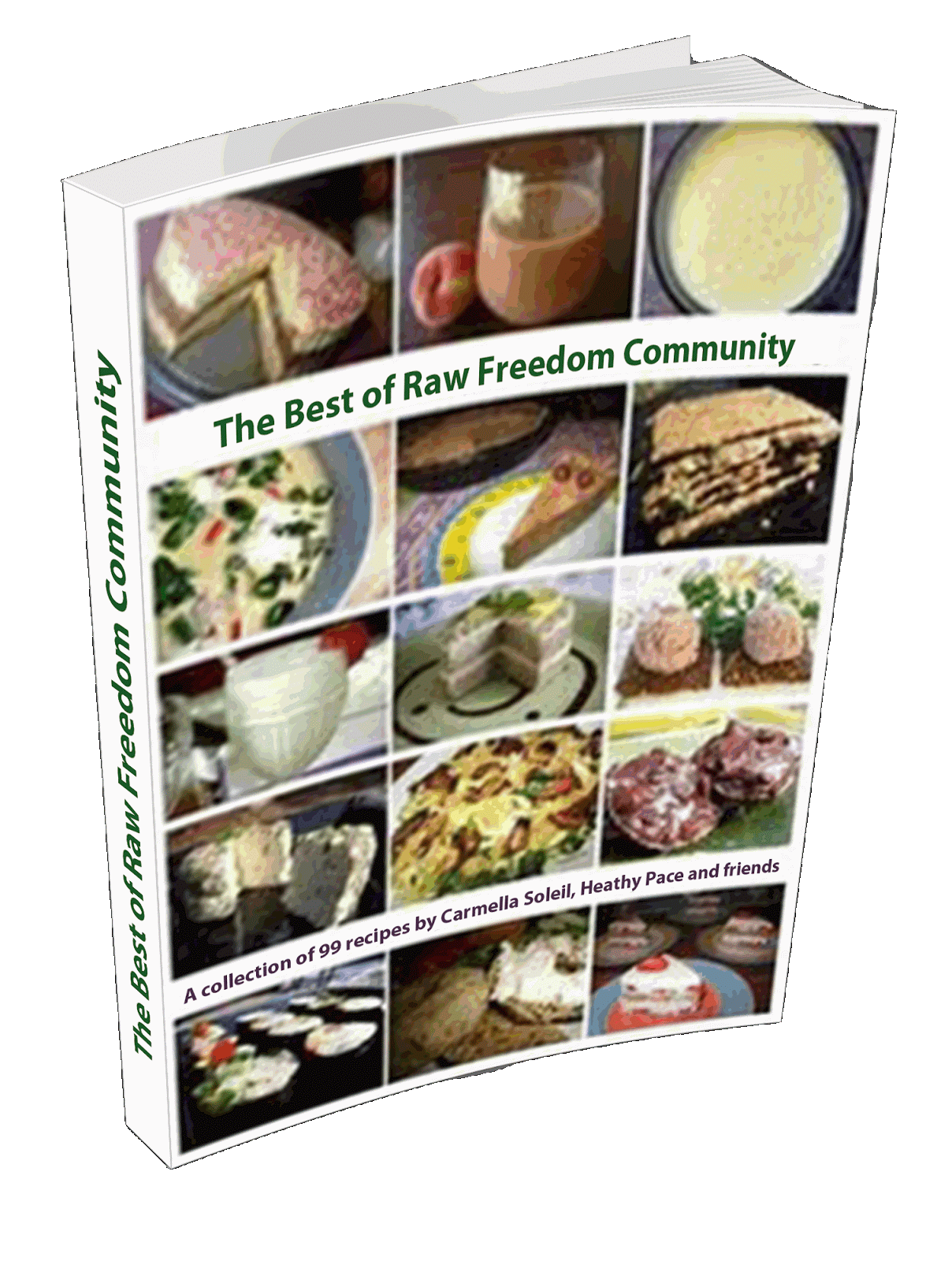
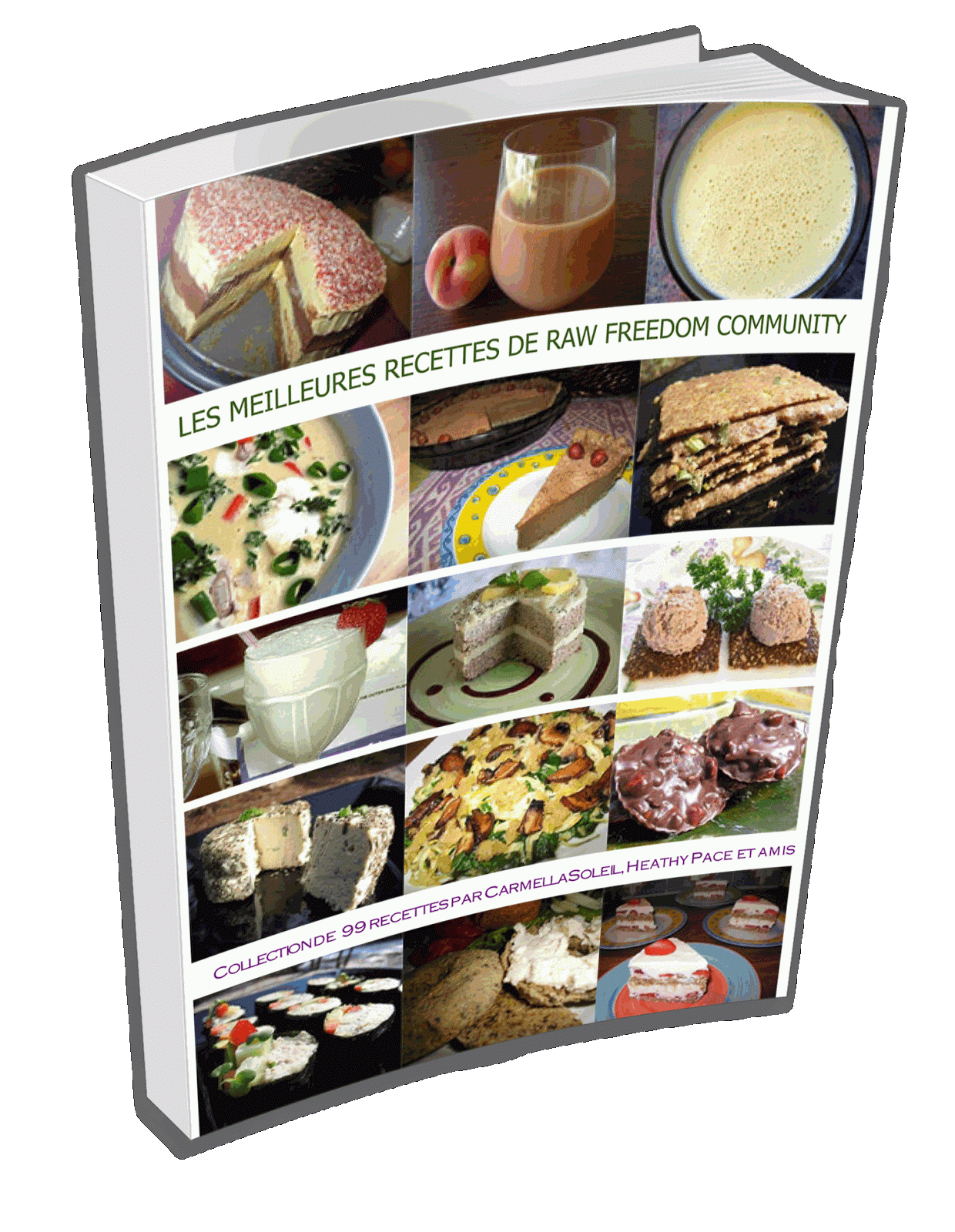















I came across your blog while searching for sprouting instructions.. I love, love, love it!!!! Thanks for sharing your experience and lifestyle. It's binds us in that whole 'circle of life' thing! Thanks again!
ReplyDeleteAnother great post. Very good tips. Getting rid of addictions is most the most important in my book. Thanks for blogging.
ReplyDeleteVW
I love that Henry David Thoreau quote! So timeless and appropriate...
ReplyDelete